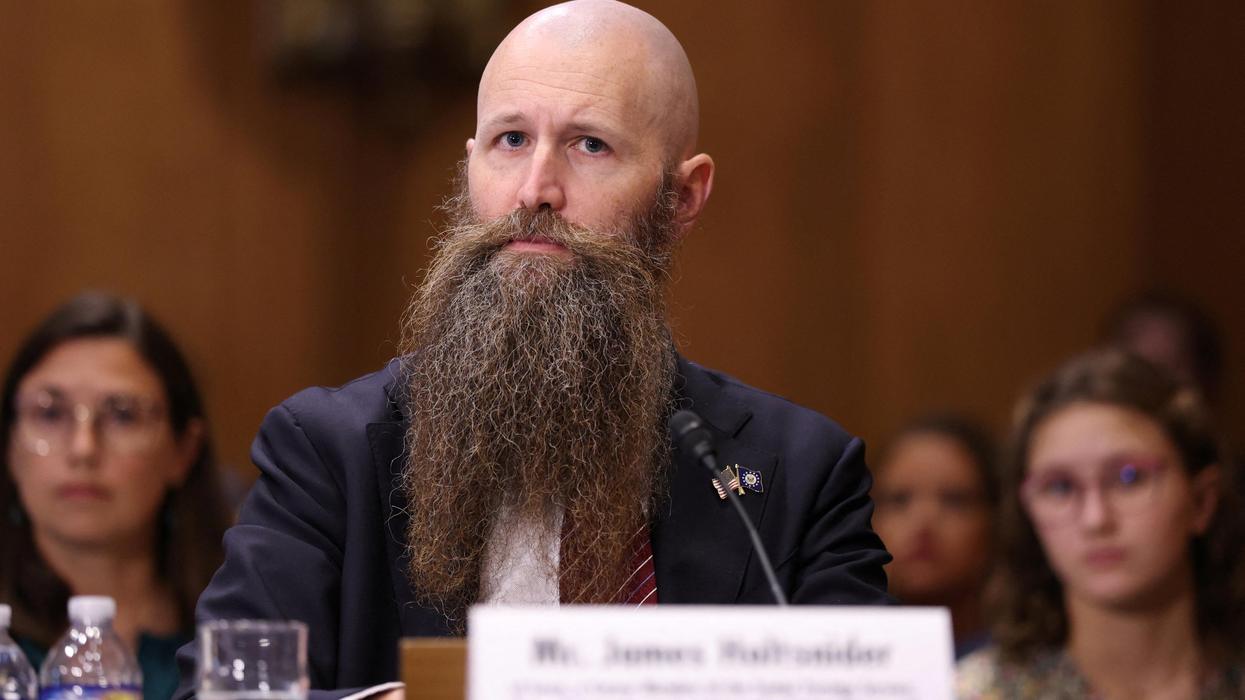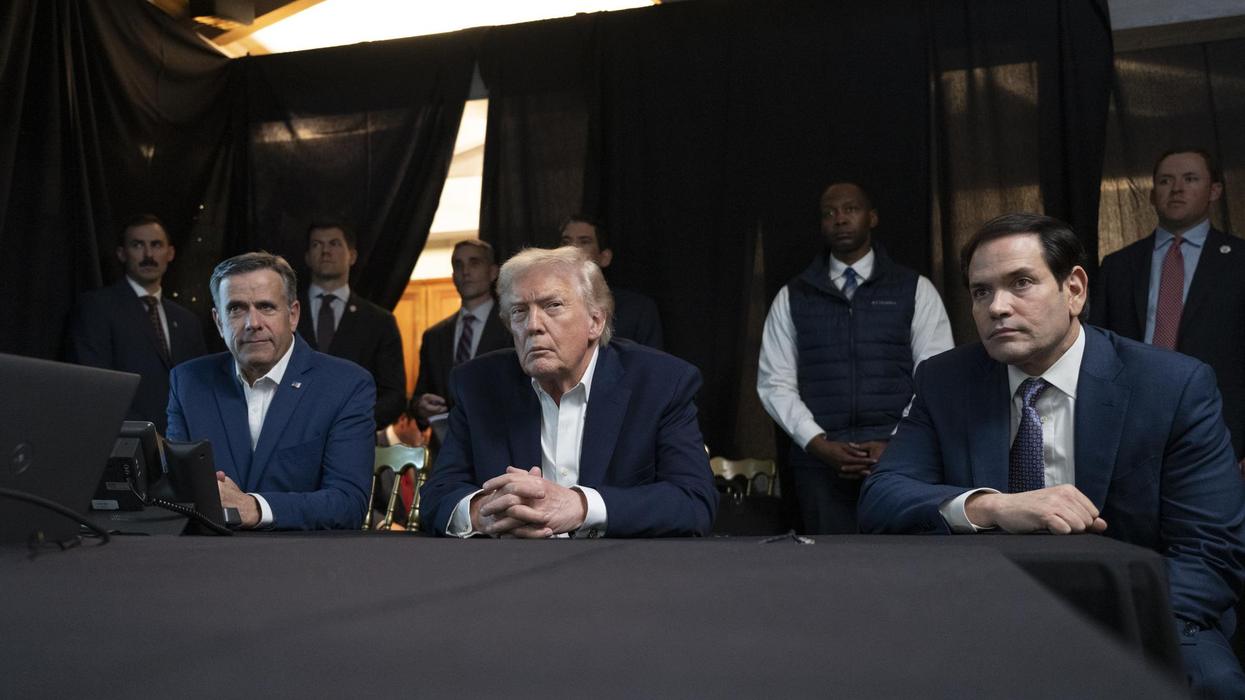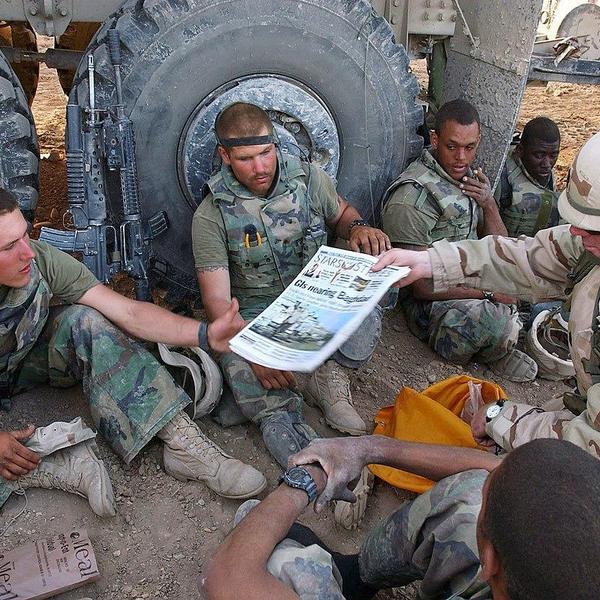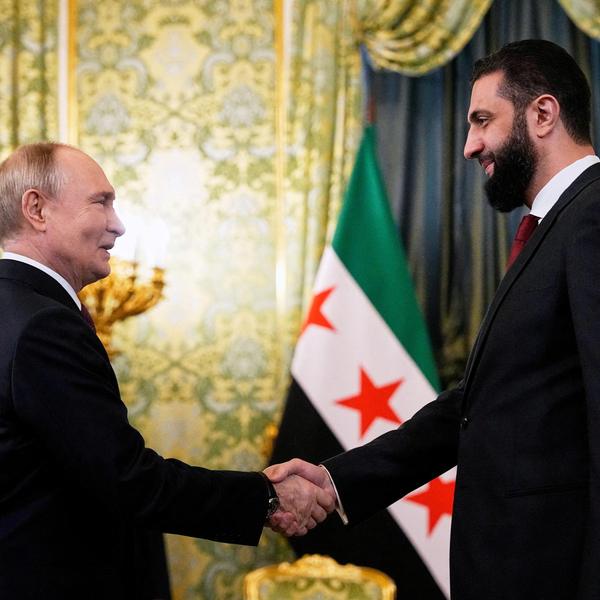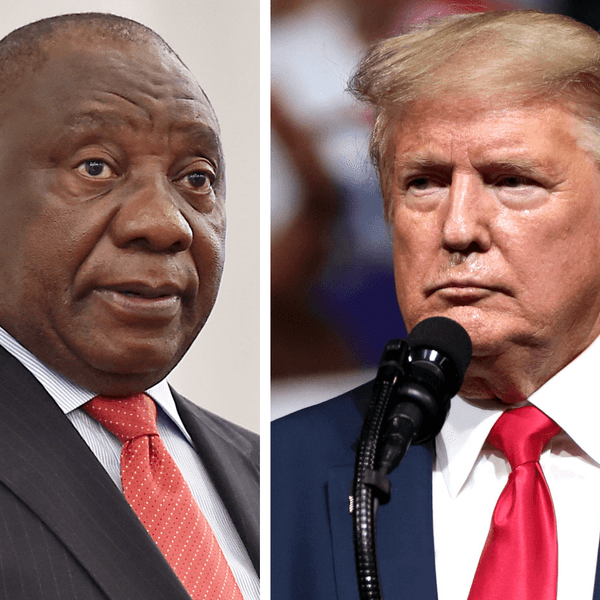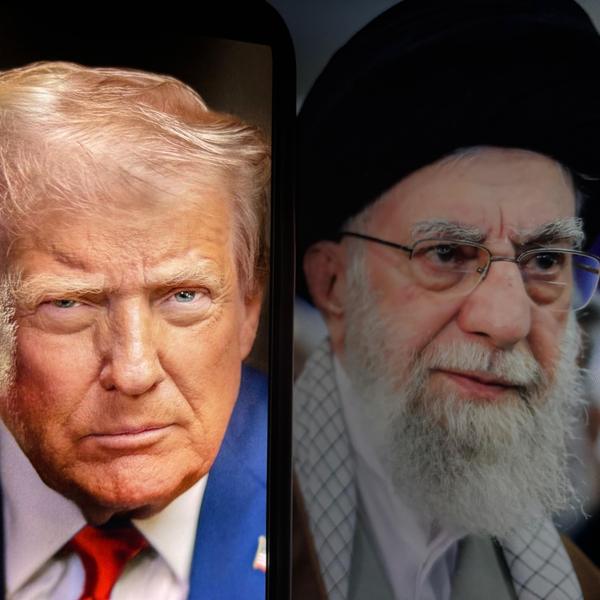Former national security adviser John Bolton’s new book gives a window into President Donald Trump’s preferred style of negotiation. Bolton paints a picture of a Trump who wants deals but does not believe in conventional diplomacy. Instead, Trump approaches international relations with the real-estate market tactics he formulated in “The Art of the Deal.” Trump thought Bolton would help him in this regard. He was sorely mistaken.
Bolton’s book highlights Trump’s eagerness to get deals with U.S. partners and adversaries. And yet, it also shows how Bolton — whose reputation as an uncompromising unilateralist and warmonger long preceded his arrival in the Trump White House — worked hand in glove with fellow hawks to sabotage Trump’s every move toward successful diplomacy, especially with Iran. This begs the question of why, then, did Trump hire Bolton and others fundamentally opposed to diplomacy? The answer lies in the book, which underscores the self-defeating nature of Trump’s approach to foreign relations.
Bolton the saboteur of deal-making
As expressed in “The Art of the Deal,” Trump’s negotiating style rests on projecting strength and raising the stakes sky-high. But just as he pushes tensions to the limit and conflict seems inevitable, he seeks a deal. This approach has been evident with his threats of “fire and fury” against North Korea, which were followed by summits with Kim Jong Un, and in his skirmishes with Iran and repeated threats to “end” the country, which have been followed by pleas for negotiations and a deal.
Bolton’s book gives an eye into the role Trump thought uber-hawkish advisors like Bolton and Pompeo could play as enablers who give weight to Trump’s bellicosity and convince adversaries like North Korea and Iran that they must negotiate on Trump’s terms or face utter destruction. However, far from getting Trump deals, the book reaffirms in crystal clear fashion how he and Pompeo pushed Trump toward the very wars his bluffs were meant to obviate.
Trump clearly saw Bolton as his “bad cop” that would supposedly gain him leverage with foreign powers, a role Bolton relished. “John’s done a good job,” Bolton recalls Trump as telling British Prime Minister Boris Johnson during a happier time between him and the president. “When he walks into a room, Xi Jinpeng and these others take notice.”
Bolton, for his part, had no intention of being a pressure tool to help facilitate deals with countries he long wanted to bomb.
Bolton’s book highlights repeatedly how Trump thought his foreign policy approach would lead to a deal with Iran, stating in one section: “Of course, Trump was also totally prepared to go to war if he had to, and Iran should understand that; if they didn’t, they would never make a deal.” Bolton adds: “Trump had around him large numbers of people who wanted to go to war now, but it would never happen because of him.”
Throughout the book, Bolton notes Trump’s consternation and even surprise at why the Iranians had not come begging for a deal. Trump constantly blames former Secretary of State John Kerry, whom he claims told the Iranians not to negotiate and to wait Trump out. “Trump was obsessed with the idea of prosecuting Kerry for violating the Logan Act, a rarely invoked 1799 law prohibiting private citizens from negotiating with foreign governments,” Bolton says.
While Trump was perplexed as to why the Iranians were not negotiating, Bolton was actively sabotaging any diplomatic initiatives and egging for a war. He makes no effort to disguise this fact, and recounts how in internal deliberations he argued there could “be no ‘new’ Iran deal and no ‘deterrence’ established as long as Iran’s current regime remained.” He called for “upping the pressure, economically, politically and militarily.”
In one widely cited section of the book, Bolton discusses the events surrounding Iran’s June 2019 downing of a $146 million unmanned U.S. surveillance drone in or near its airspace. After an initial consensus was reached between Trump, Bolton, and other officials during a breakfast meeting to launch military strikes, Bolton was ecstatic.
Bolton’s long-held dream of the U.S. bombing Iran was seemingly coming to fruition. But even at this juncture, he notes Trump’s bewilderment over why the Iranians were counter-escalating and not coming to the negotiating table. “Trump then set off into the Kerry/Logan Act riff, without which no meeting on Iran was really official. I brought the discussion to a conclusion by summarizing the decision, which was the breakfast package,” Bolton says.
The strike was eventually called off by Trump, to Bolton’s utter dismay. Afterwards Bolton and Pompeo, his hardline accomplice, made a resignation pact. “We agreed not to resign without calling each other first, which was the first time that subject had come up,” Bolton writes. What broke the camel’s back for America’s chief diplomat and national security advisor was the president deciding not to bomb Iran and risk another catastrophic Middle Eastern war.
Bolton & Pompeo tag team to kill diplomacy
Bolton’s book also sheds light into the differences on Iran policy within the administration. While Bolton and Pompeo relentlessly pushed for more escalation, Treasury Secretary Steve Mnuchin argued for more restraint and keeping diplomatic off-ramps open. “Had we hard-liners persuaded Trump to bear down on Mnuchin, we would have seen even more dramatic economic decline in Iran, but that was not to be,” Bolton laments.
Mnuchin argued internally that the “constant use of sanctions” by the administration “would result over time in the tool’s being weakened.” He also warned it would “undermine the status of the dollar as the world’s reserve currency” as other countries invented ways to evade sanctions. Bolton dismissed these concerns out of hand, along with “Mnuchin's concern for the harm" U.S. sanctions "would cause the Venezuelan people."
The rift within the administration on Iran policy is most pronounced in Bolton’s section on the G7 Summit in Biarritz, France last year. Bolton documents how Mnuchin and French President Emmanuel Macron reached a deal for sanctions relief to help jumpstart negotiations with Iran. "This was exactly what Pompeo and I had been struggling to prevent," he exclaims.
Bolton then describes a lunch meeting between Macron and Trump, where “Iran was almost the sole topic,” including whether Trump would meet Iranian Foreign Minister Javad Zarif. To Bolton's surprise, Trump described the meeting with Macron as the best "one and a half hours he ever spent." Bolton later quotes Trump advisor Kelly Ann Shaw as saying Trump “definitely” wanted to meet Zarif.
Bolton was fuming. He writes that he changed his flight itinerary to go back to Washington to resign if Trump met Zarif. He describes how Israeli Prime Minister Benjamin Netanyahu was trying to help scuttle the potential meeting, but that Trump’s son-in-law Jared Kushner was blocking his calls “because he didn’t think it was appropriate for a foreign leader to talk to Trump about whom he should speak to.”
Pompeo was enraged that “two Democrats,” Kushner and Mnuchin, “were running our foreign policy.” Bolton said he might resign even if Trump did not meet Zarif, and Pompeo told him, “I’m with you.”
While the meeting with Zarif or the Mnuchin-Marcon deal never materialized, the saga underscores how Bolton and Pompeo have fundamentally opposed diplomacy with Iran. Interestingly, Trump eventually understood this in some capacity, with Bolton saying at one point that Trump could not believe the Iranians were not talking to him and that Trump had “the idea that Pompeo and I were blocking their efforts to speak with him.”
Trump needs a pro-diplomacy team to strike deals
Trump’s real-estate market approach to foreign policy, centered on rapidly escalating the stakes in the hope that the other side will kowtow, was doomed to fail from the start. As Suzanne DiMaggio, the chairman of the Quincy Institute, has recently stated: “Trump does not have the capacity to do the kind of hard work that diplomacy requires to get deals, especially with adversaries. … It’s too incoherent. He actually put in negotiators to undermine any chance of a deal.”
Successful international diplomacy requires incremental hard work backed by a capable team of diplomats. If Trump genuinely seeks a deal with Iran, firing Bolton was the right move. The next step must be to fire the equally destructive Mike Pompeo.


